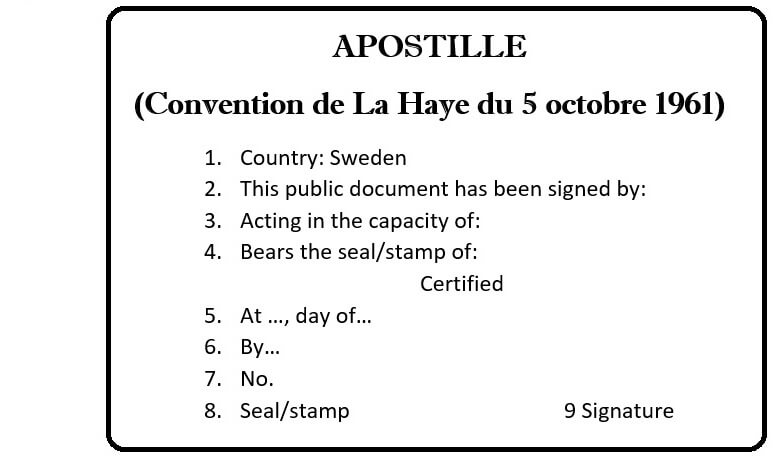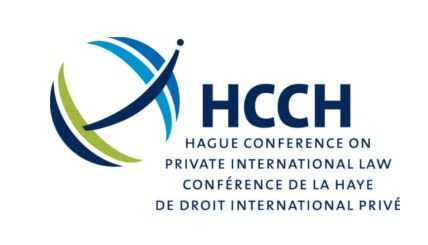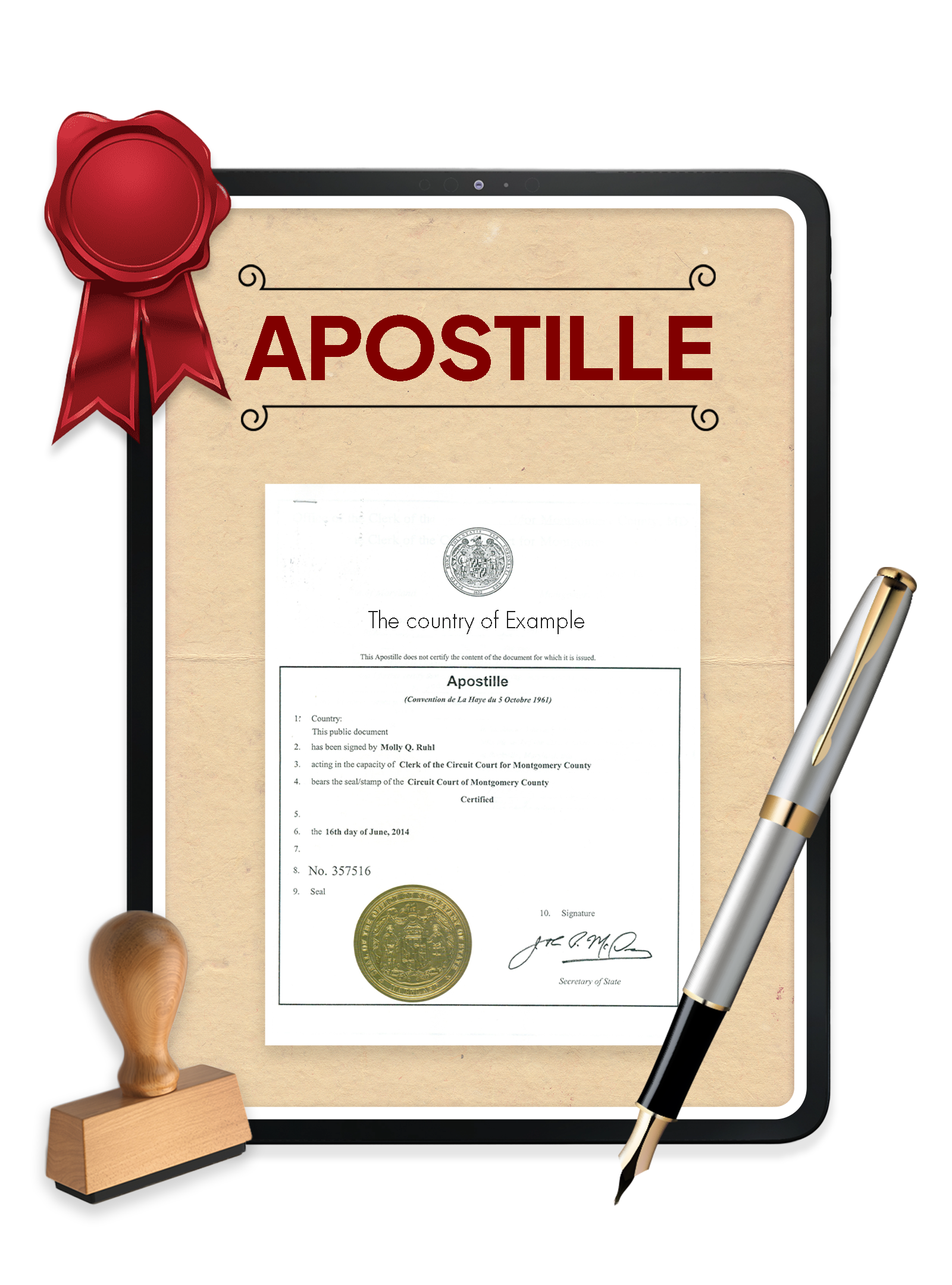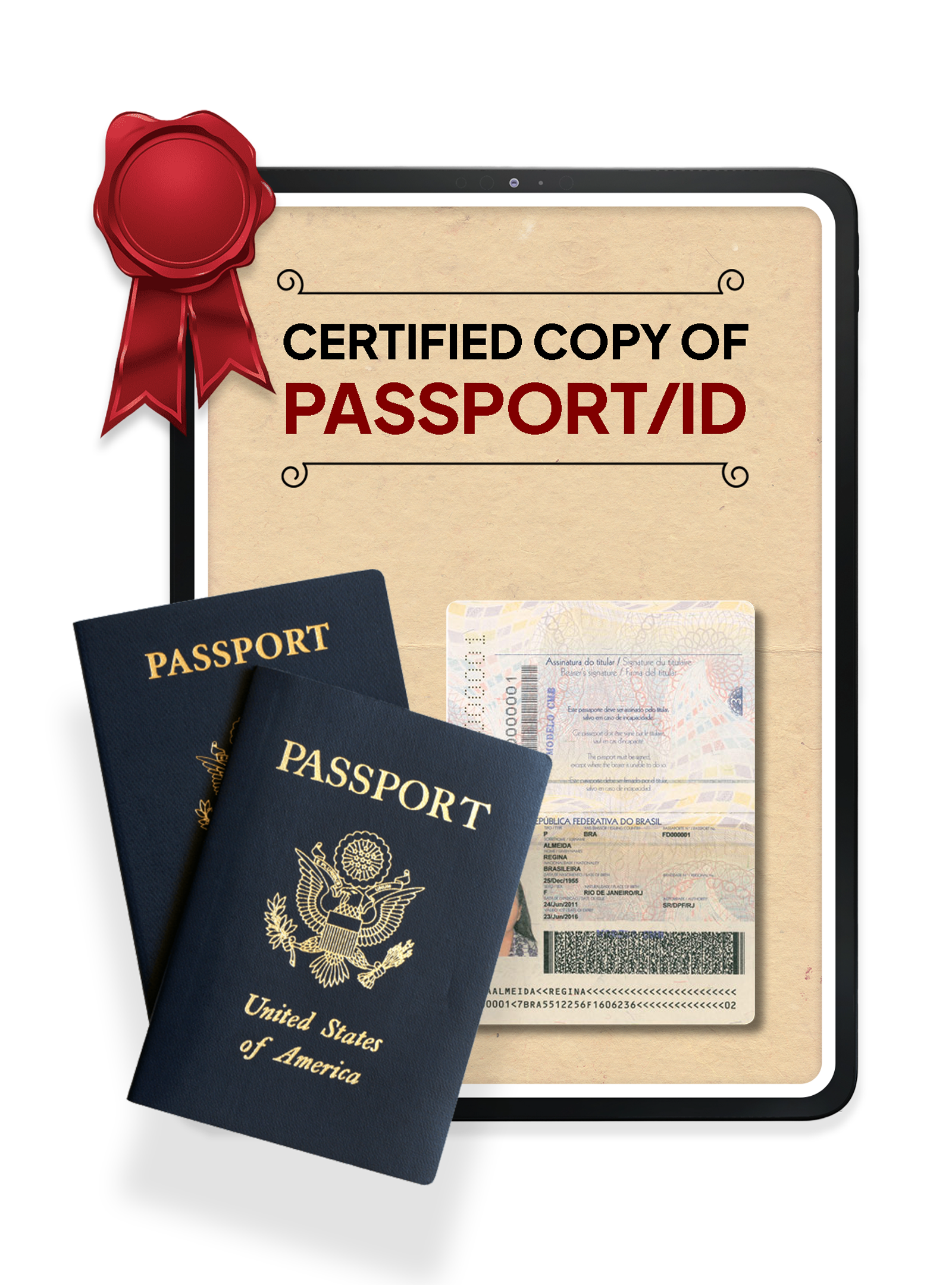
Apostille
Are you in need of an Apostille? Buy an Apostille online without visiting an office.

Are you in need of an Apostille? Buy an Apostille online without visiting an office.

In our increasingly interconnected world, the need for international document verification and authentication has become paramount. Whether it’s for educational purposes, business transactions, or legal matters, ensuring the legality and validity of official documents is crucial. This is where the concept of an apostille comes into play. In this comprehensive article, we will explore the meanig of an apostille, its significance in international affairs, and how it can open up a world of opportunities for individuals and organizations alike.
An apostille is a simplified form of authentication issued by a competent authority. It certifies the authenticity and validity of public documents. The concept of apostille was established by the Hague Convention of 1961.
The primary purpose of an apostille is to streamline the process of document legalization for use in foreign countries. It ensures the acceptance and recognition of public documents across participating countries. Apostilles can be affixed to various types of documents, including birth certificates, marriage certificates, educational diplomas, powers of attorney, and more.

Each country designates one or more competent authorities responsible for issuing apostilles. These authorities are typically government departments, such as the Ministry of Foreign Affairs or the Secretary of State, but it can also be a private company where a lawyer gets the title “Notary Public” and the right to issue Apostille.
To obtain an apostille, the document must first be authenticated by the competent authority in the issuing country. Once authenticated, the competent authority attaches the apostille to the document, certifying its authenticity and legal validity. The apostille includes specific information, such as the issuing country, date of issue, issuing authority details, and a unique identification number.

Apostilles can only be issued for documents originating from a country that is a party to the Hague Convention. The document must be an official public record, such as a notarized document, court order, or government-issued certificate.
Contact the appropriate competent authority in your country to determine the specific requirements and procedures for obtaining an apostille. Provide the original document or a certified copy to the competent authority for authentication. Pay any applicable fees and wait for the apostille to be issued.
In a world where international collaboration and mobility have become essential, the apostille plays a pivotal role in ensuring the smooth flow of documents across borders. By simplifying the process of document legalization and establishing international recognition, apostilles unlock a myriad of opportunities for individuals, businesses, and organizations. Understanding the power and significance of apostille can make a significant difference in navigating the complexities of global affairs and seizing international opportunities.

Apostilles are universally recognized under the Hague Convention. Participating countries are obligated to accept apostilled documents without further verification. This recognition ensures the smooth flow of international transactions, legal proceedings, and academic pursuits.
Apostilles significantly reduce the time and costs associated with document legalization. The streamlined process eliminates the need for multiple levels of authentication or embassy visits. It simplifies cross-border procedures for individuals, businesses, and institutions.

Legalization

Legalization

Legalization
Do you want a free consultation about your case, completely without obligation? Please fill in the form below and we will contact you within a few hours.